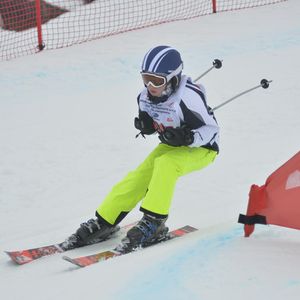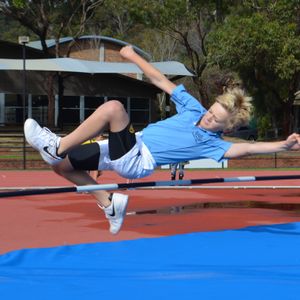Ownership of One’s Learning = Elevated Achievement and Satisfaction
It is clear from research that equally important to teaching of core subjects is teaching students how to take ‘ownership of their learning’.
‘In an era of rapid change and constant innovation, fostering a sense of personal ownership in learning has become crucial for students to thrive in their academic and professional journeys’.
There is only so much we can “teach” if a boy doesn’t recognise he’s supposed to “learn.” The most effective way to get our boys to understand their role in education and become lifelong learners is to teach them the skill of student ownership and support them in developing it.
While growing student independence and ownership is a progressive exercise (and one that needs to be carefully guided and supported by teachers and parents), research is clear on the long-term positive impact of them taking greater responsibility.
‘Encouraging students to be partners in their own learning increases agency (ownership and responsibility) and achievement, and creates positive long-term learning habits. It also builds student engagement with schooling, which is associated with positive outcomes in most facets of life’. Gonski Report 2018
Indicators of developing student ownership include the ability to:
- Articulate what they are learning
- Explain the next steps in their learning
- Set learning goals
- See errors as opportunities for further learning rather than setbacks
- Know what to do when they are stuck
- Seek feedback and reflect
Our teachers are constantly seeking to develop learning ownership with their boys. During the past week, two important opportunities have been provided.
Our Learning Celebration last Thursday facilitated responsibility and independence in our boys, as they guided their guests through the exhibitions and articulated the learning in which they had been engaged.
This week, boys in Year 2 to Year 6 led learning conferences involving their teacher and parents. Goal setting, self-assessment, and reflection provided powerful opportunities to develop ownership. It is interesting to note that students who set and monitor personal goals may perform 18–41% higher on assessments than students without goals.
When students understand their role as agent (the one in charge) over their own feelings, thinking and learning behaviours, they are more likely to take responsibility for their learning. This in turn will likely lead to greater achievement, motivation, and satisfaction, both now and into the future.
How can parents help?
At home seek opportunities for your children to:
- ask questions
- self-monitor their progress through reflection
- see mistakes as learning opportunities and for controlling the related negative emotions
- define their personal learning goals and objectives
- use self-reward strategies (eg. doing a favourite activity if they can accomplish their learning goals on time)
Empowered students are more likely to set goals, take on challenges and obstacles and overcome them. They have a growth mindset that embraces the idea that intelligence and abilities can be developed through effort and practice.
‘Empowering students to take charge of their learning experiences not only enhances their motivation and engagement but also equips them with the necessary skills to adapt and succeed in an ever-evolving world’.
Peter Grimes | Headmaster
References:
Professor John Hattie (Laureate Professor at the University of Melbourne)
Elevated Achievement Group - 2023
Empowering Student Ownership in Lifelong Learning: Strategies Backed by Research - Keith Lockwood, Ph.D. 2023
Empowering Students: The Key to Student Ownership of Learning - Wakelet 2023
Corwin Connect - 2021















